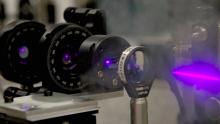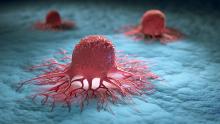Biosensing test to transform disease diagnosis and monitoring

EU-funded researchers have developed an ultrasensitive test to rapidly, accurately and cost-effectively diagnose disease, underpinned by innovative biosensing technology that could help combat the COVID-19 pandemic, HIV and cancer.









